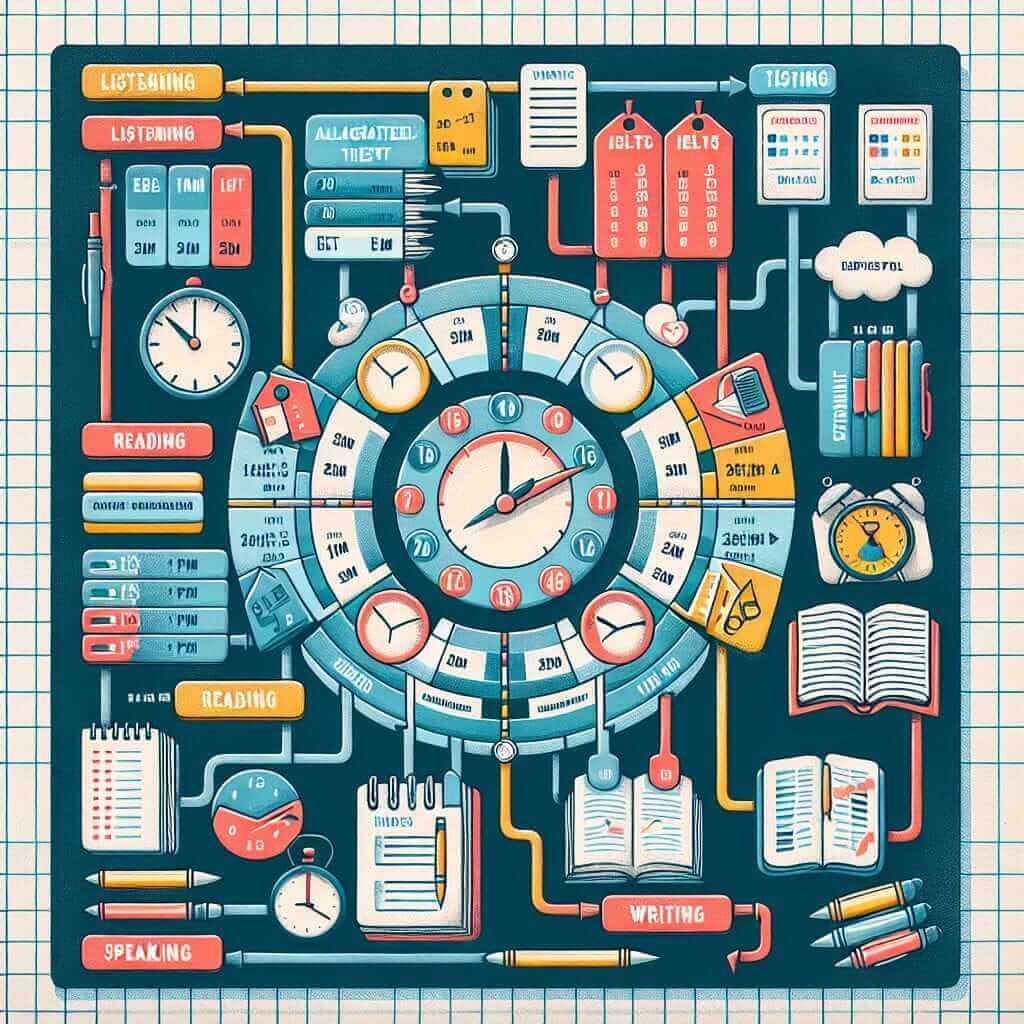As an IELTS instructor with over two decades of experience, I frequently encounter the question, “How many hours do I need to study for IELTS?” While there’s no magic number, I’m here to offer you a realistic roadmap to IELTS success based on your current English level and target band score.
Understanding the Scope of IELTS Preparation
Before diving into the hours, it’s crucial to grasp the breadth of IELTS preparation. It’s not just about memorizing grammar rules or expanding your vocabulary; it’s about developing a comprehensive skillset in:
- Listening: Comprehending a variety of English accents and discourse styles.
- Reading: Identifying key information, understanding complex arguments, and navigating different text types.
- Writing: Expressing ideas coherently, using accurate grammar and vocabulary, and structuring responses effectively.
- Speaking: Communicating fluently and accurately on various topics, expressing opinions, and using a range of grammatical structures.
Factors Influencing Your IELTS Study Timeline
The number of study hours required for you depends on several individual factors:
1. Current English Proficiency Level
- Beginner (Band 3-4): If you’re starting with a basic level, expect a longer preparation period, potentially 6-12 months with 10-15 hours of weekly study.
- Intermediate (Band 5-6): With a solid foundation, you might aim for 3-6 months of dedicated study, around 7-10 hours per week.
- Upper-Intermediate (Band 6.5-7.5): You’ll likely need 2-4 months of focused practice, averaging 5-7 hours weekly.
- Advanced (Band 8+): Fine-tuning your skills for a high band score might take 1-3 months with 3-5 hours of weekly study.
2. Target Band Score
Naturally, a higher target band requires more intensive and strategic preparation.
3. Learning Style and Pace
Some individuals are quick learners, while others require more time and repetition. Adapt your study schedule to your personal learning style.
4. Study Resources and Strategies
Using effective materials and employing proven learning techniques can significantly optimize your preparation time.
Crafting Your Personalized IELTS Study Plan
1. Assess Your Current Level
Take a diagnostic IELTS practice test to gauge your strengths and weaknesses in each section.
2. Set Realistic Goals
Break down your overall target band score into smaller, achievable goals for each section.
3. Create a Structured Study Schedule
Allocate specific time slots for each skill area and stick to your schedule consistently.
4. Utilize High-Quality Resources
Invest in reputable IELTS preparation books, online courses, and practice materials.
5. Seek Expert Guidance
Consider enrolling in an IELTS preparation course or working with a tutor for personalized feedback and strategies.
6. Track Your Progress and Adjust
Regularly assess your development through practice tests and refine your study plan accordingly.

Example Study Breakdown (Intermediate Level – Target Band 6.5)
Week: 7-10 hours
- Listening: 1.5 hours (Practice tests, focusing on specific accents and question types)
- Reading: 1.5 hours (Working through diverse texts, practicing skimming and scanning techniques)
- Writing: 2 hours (Analyzing sample essays, practicing task responses, focusing on grammar and vocabulary)
- Speaking: 2 hours (Mock speaking tests, recording and analyzing responses, expanding vocabulary on common topics)
Key Takeaways for Success
Remember, consistent effort and a strategic approach are key to achieving your desired IELTS score. Embrace the journey, seek support when needed, and celebrate your progress along the way. With dedication and the right resources, you can conquer the IELTS and unlock a world of opportunities.